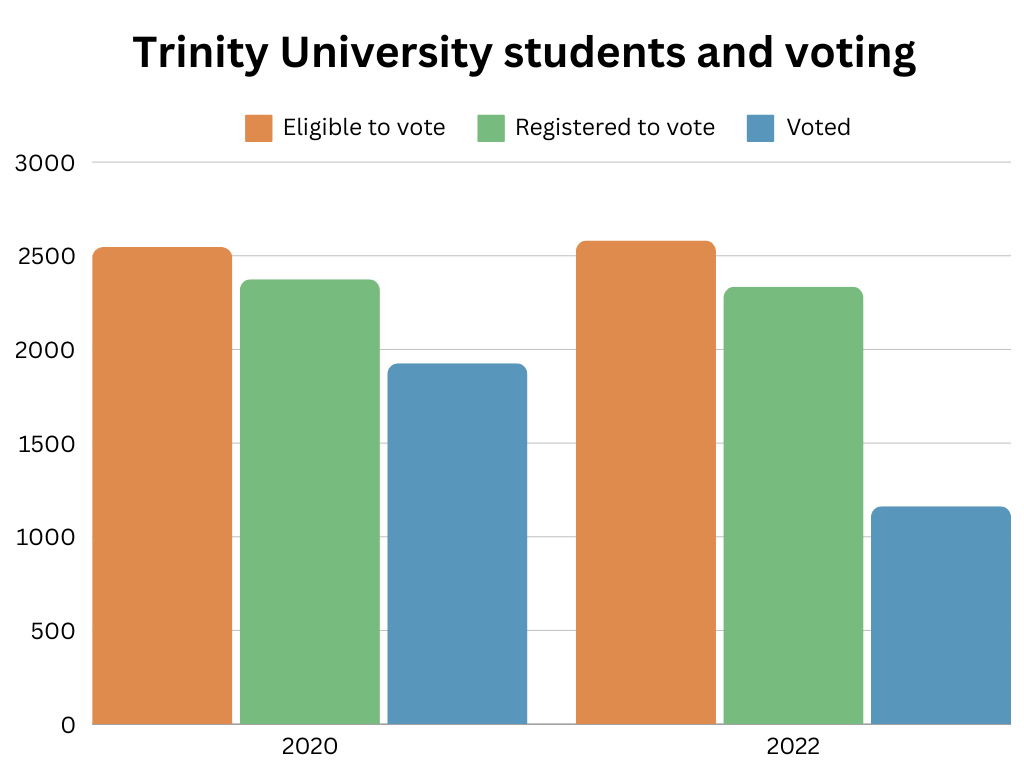Illustration by Ren Rader
If you open Instagram and go to the search page, you probably don’t have to scroll very far before you see a picture of an “influencer” in a bikini. Maybe she’s influencing you to buy said bikini, but it’s equally possible that she’s advertising a hair product, or a lotion, or something else that has absolutely nothing to do with bikinis. Why? Because no matter what is being sold, the easiest and most sure-fire way to sell anything is by using an attractive woman in revealing clothing. The exposed female form has been unequivocally associated with sex, and in a society that caters predominantly to men, sex sells.
By exploiting the objectified female body, brands can use sex to influence consumers into buying virtually anything. Instagram models, then, who are essentially paid to sell sex, are the natural product of a society that has made objectifying themselves lucrative. If you see the Instagram model industry as vapid and shallow — what exactly do you think the historic objectification of women has been?
Women have suffered for thousands of years at the hands of those who only see them as sexual objects and not people. As long as the male gaze exists, the reduction of the female body to merely a sexual object will exist as well. While every effort should be made to change the tide of discourse in the hopes that one day women will not be exploited simply because they are women, at the moment, the objectification of women in the media is unavoidable. The Instagram model/influencer industry is the result of a patriarchal culture, but I believe that it is actually one the most feminist interpretations of said culture that we have today. The influencer industry is a collection of women who have quite literally figured out how to make men compensate them financially for objectifying them, without ever even having to interact with them.
Instagram models are, for the most part, self-made and independent. Yes, their bodies are being used to sell a product or a lifestyle, but it is on their own terms. The Instagram influencer has reclaimed autonomy over herself and commodified the inevitable male gaze. She may choose what she wears, how she poses, how revealing the picture will or will not be, and receives monetary compensation in return for posts that she coordinates.
She is fully aware that how she looks is what makes her popular, but she retains control of both how and when her body is put on display. Her posts celebrate herself — her own body, her personal style — and I personally love when women are confident enough in themselves to be able express to the world that they are proud of how they look. However, instead of being lauded for courage and confidence, a woman who knows that she is beautiful is accused of being vain and self-absorbed. I would argue that being an influencer is empowering in many ways, and while social media should not be your only self-esteem booster, why should people not be able to appreciate who they are and how they look?
Of course, men are not the only purveyors of social media, which is why it is difficult to classify it completely as a feminist profession as it currently exists. The airbrushed images of models on social media give young female viewers a warped and unrealistic idea of femininity that they feel they now must live up to.
After constantly being bombarded with pictures of flat tummies and perfect posteriors, it is no surprise that this exposure leads to increased body dissatisfaction and eating disorders in young women. How, then, can we reconcile the potentially feminist implications of social media (giving women a platform to express self-satisfaction and the ability to capitalize on their appearance) with the negative repercussions (body dissatisfaction in young women)? I believe the answer lies in the honesty and realism of the images being presented. Instagram models who cultivate a “perfect” image of themselves without being honest about the time, money and resources needed to create said image disadvantage women everywhere — including themselves. The industry becomes not a female reclamation of the objectification of women, but a contribution to it.
By allowing the patriarchal pressure to be impossibly feminine and sexual dictate how they expose themselves to the world, they are reinforcing the system’s ability to make women feel insecure. Women can and should be able to capitalize off of their appearance in whatever way they choose as long as it is not ultimately harmful for other women. The goal should not be the objectification or idealization of women, but the mutual reaffirmation of female bodily autonomy.






